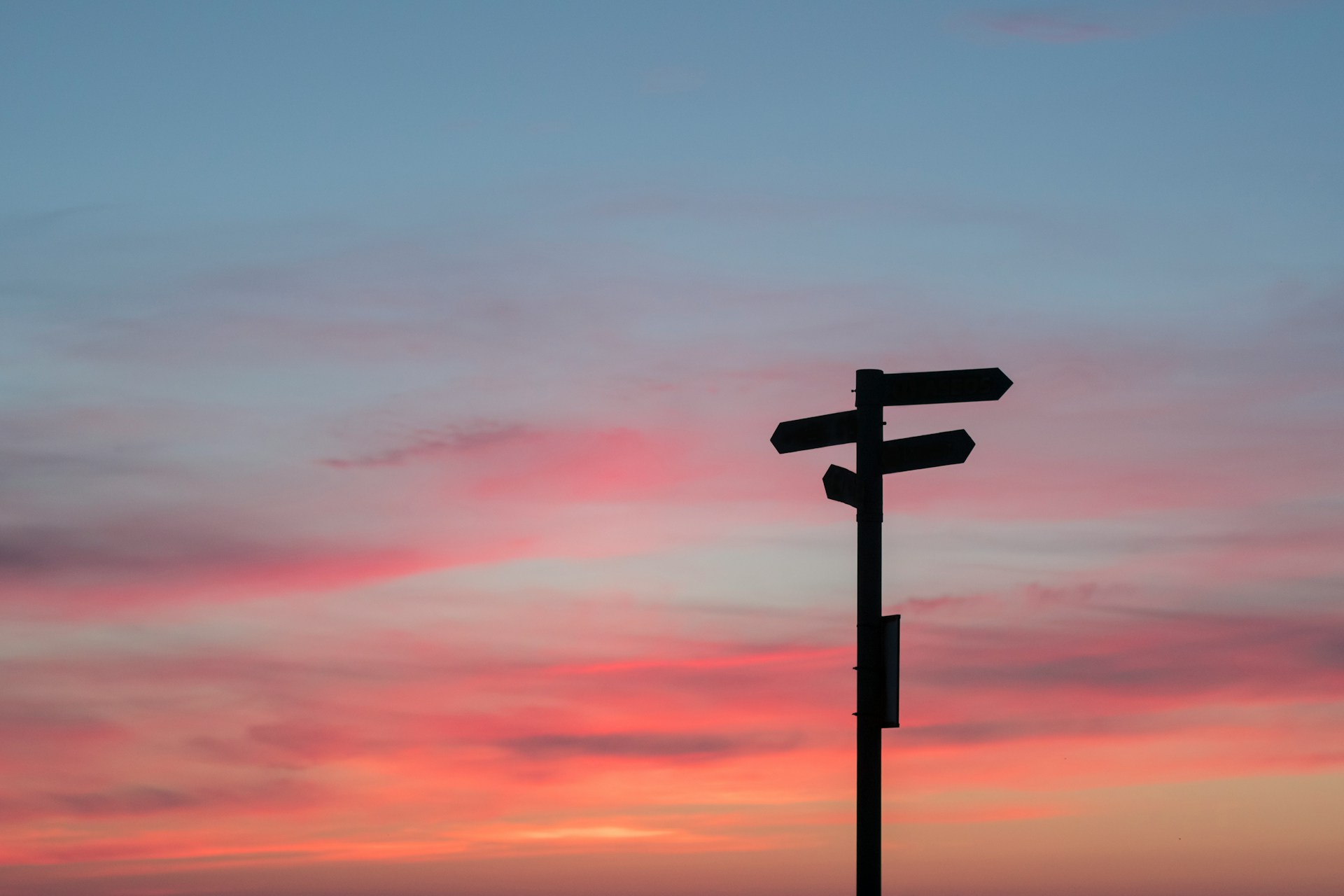The first time I read the book, I was 15 and in the midst of those dramatic teenage years. I had just discovered that life is a series of struggles and that many of us spend our whole lives waiting for the good times to start.
Searching for answers, I found Eckhart Tolle’s book.
His approach to life was completely different from anything I had ever heard, and I was immediately hooked. Now, a decade later, his ideas don’t seem as crazy and revolutionary anymore, but each time I read the book, different things resonate with me.
This time, a sentence on the last page blew my mind. It might be helpful, but there’s no need to know his teachings to appreciate it.
Here it goes (shortened):
“It means that the worst thing in life turns into the best thing that ever happened to you by forcing you to surrender. How much more time do you need before you make that choice? If you think you need more time, you will get more time – and more pain.”
I was amazed by the simplicity and profound truth of this. Though this is in the context of spiritual enlightenment, it can be equally applied to the small things in life. In life, everything is inherently about learning: learning to grow, learning about ourselves, and learning about life itself. This drive to learn and overcome challenges is deeply rooted within us. With every challenge, we get a choice.
We either learn and move on, or we choose not to learn and stay in the same place.
This is especially true for life’s problems. If you decide to learn – surrender to what is – the issue will eventually be resolved. If you don’t open yourself to learning, it sticks with you. Life doesn’t hold grudges; it’s you holding on to a situation. If you don’t want to deal with it, that’s okay—it will come back again and again. You’ll have plenty of opportunities to learn, but that also means you’ll be struggling with it repeatedly.
If you want to read more on different view points on life, check out my key-insights from reading Hermann Hesse’s “Siddhartha”.
